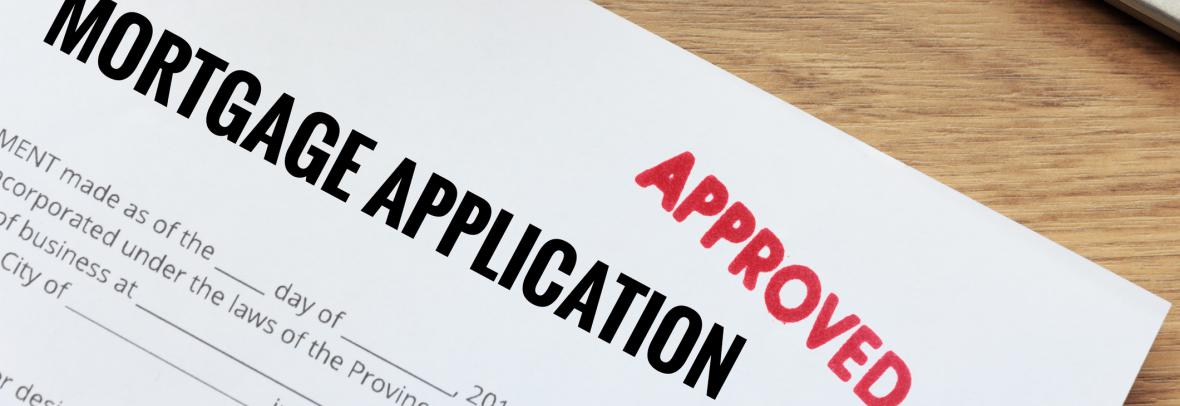
17% of buyers who couldn’t qualify for a mortgage should have better luck now that Fannie Mae includes rent history in its lending decisions. Lenders consider a history of on-time rent payments a strong predictor for whether borrowers will make regular mortgage payments.
WASHINGTON – “There are many Black families with strong rental histories. What you’re lacking … in terms of credit score, history or whatever, you’re compensating for in rental history.” – Deon Price, Acts Housing real estate agent
Renters looking to become homeowners have another tool at their disposal now that Fannie Mae has added rental histories to its automated mortgage underwriting process. Fannie Mae updated its computer-automated system last month to include bank records reflecting consistent rent payments. The system, called the Desktop Underwriter, is used by lenders to evaluate the creditworthiness of mortgage applicants.
While most landlords report missed rental payments to credit agencies, many do not report consistent on-time rental payments. That means prospective homeowners with little or no credit histories aren’t able to leverage a successful rental track record to buy a home.
Bethany Sanchez, senior administrator of fair lending at the Metropolitan Milwaukee Fair Housing Council, said the change – along with other tools – could help decrease racial gaps among homeowners in Milwaukee.
“It could be pretty transformative,” she said.
Expected to increase access to mortgages
When it comes to predictive tools, rental history is the closest approximation to whether a person is most likely to pay their mortgage, Sanchez said. “Whether you pay your Boston Store card or whatever is maybe not as predictive as whether you’re making your rent payments on time,” she said.
According to Deon Price, an Acts Housing real estate agent, the change automates what some local lenders were already doing. “I talked to one of the local lenders that I get quite a few clients from, and they were telling me that this has been their policy for years,” he said.
Although some lenders have regularly incorporated borrowers’ rental histories, they were forced to add that payment history manually. The updated automated system will make it easier for lenders.
“People just assume, I could never own a home. It just seems too out of hand, out of the realm of possibility,” Sanchez said. “This is helping renters to understand that they actually could qualify for a mortgage.”
At Acts Housing, Price said he often works with first-time homeowners, most of whom are diligent at paying their rent. Acts Housing is a housing resource center that offers homebuyer counseling, real estate brokers and assistance with home rehabilitation projects.
“First-time homeowners want to make sure nothing messes up their opportunity to become a homeowner because a lot of them are tired of renting,” he said.
The issue is especially acute for Black and Latino families, many of whom have little or no credit.
“There are many Black families with strong rental histories,” Price said. “What you’re lacking in credit in terms of credit score, history or whatever, you’re compensating for in rental history.”
Sanchez noted that the change can also positively affect immigrant families who use Individual Taxpayer Identification Numbers instead of Social Security numbers when seeking preapproval of their home loans; one or the other is needed to prove the applicant has a history of paying taxes.
When paired with a separate campaign the Fair Housing Council is working on with the housing consortium Take Root Milwaukee to encourage renters to pursue homeownership, Sanchez said the Fannie Mae update could represent a “gamechanger.”
“This will change the equity landscape,” Sanchez said.
Fannie Mae, officially the Federal National Mortgage Association, was created by Congress during the Great Depression. The public-private “government-supported enterprise” purchases mortgages from financial institutions.
Fannie Mae has predicted this change in its underwriting process will make a “modest impact” on mortgage applicant eligibility at first, with more gains expected over time.
According to Fannie Mae, 17% of prospective homebuyers whose applications went through the Desktop Underwriter and previously were rejected could have been eligible with this additional consideration.
What renters need to know
The decision to approve a loan is ultimately up to the lender; in some cases, Fannie Mae purchases such loans to “guarantee” them, which means they are responsible for the debt if the borrower defaults.
Prospective homebuyers should have a credit score of at least 620 to expect good rates for home loans.
According to Fannie Mae, rent payments made via check, electronically through a rental management’s payment portal and through other electronic methods such as Venmo, Paypal and Zelle are all eligible for consideration as long as the payments are connected to a bank.
Borrowers will have to give lenders permission to access and verify these banking records while applying for a home loan; documentation of consistent payments should help boost creditworthiness.
If bank records show inconsistent or missed payments, however, that history will not hurt creditworthiness. Renters should still be aware that landlords sometimes report missed rent payments to credit agencies, which means they may already be a part of their credit history.
© Copyright 2021 Journal Sentinel; all rights reserved.
Go to Source
Author: kerrys



